Turmoil in Iraq
Clashes between rival Shiite groups threaten to 'destabilize a frail state even further'

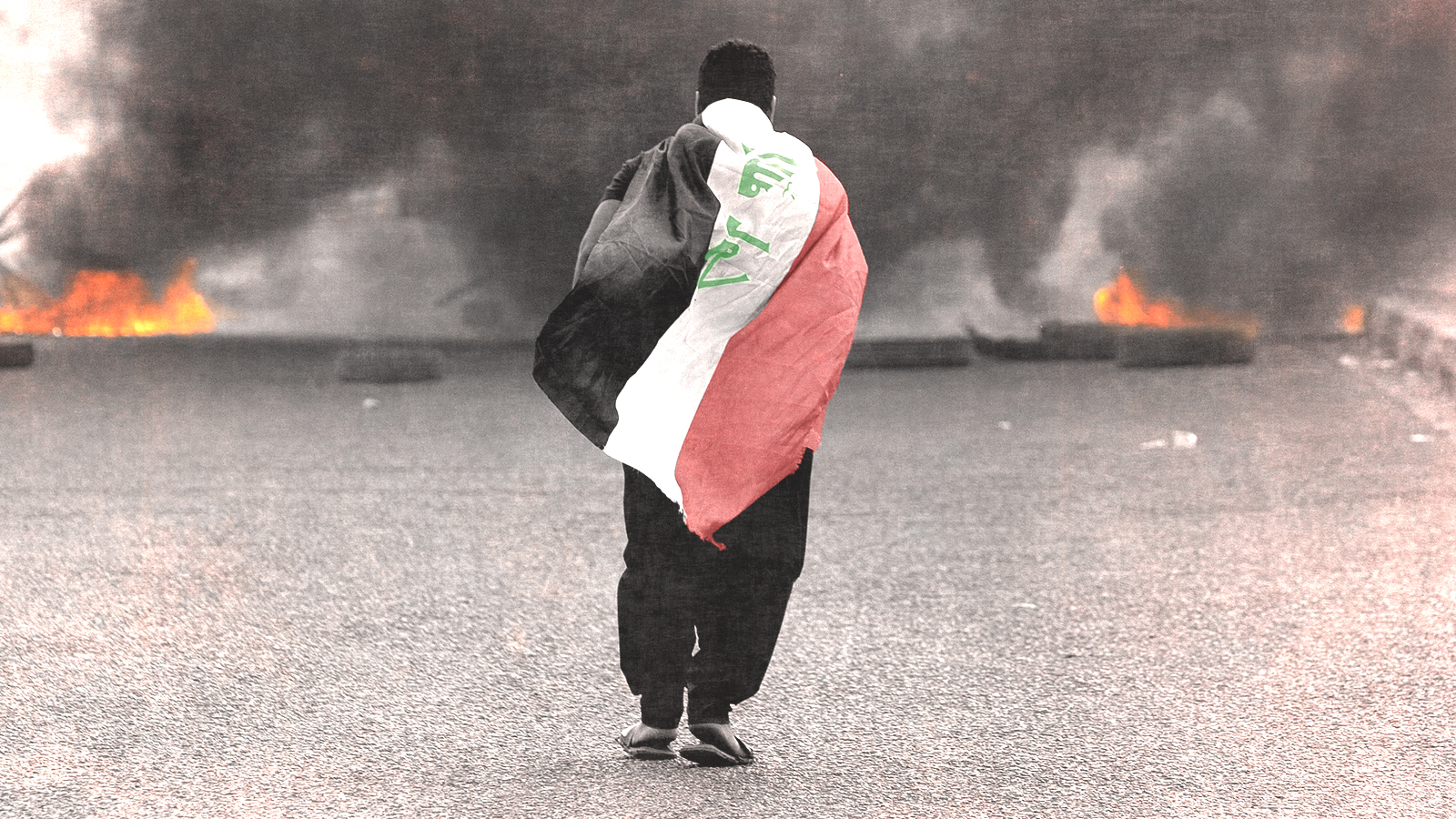
A free daily email with the biggest news stories of the day – and the best features from TheWeek.com
You are now subscribed
Your newsletter sign-up was successful
Earlier this week, at least 30 people were killed in Baghdad during clashes between protesters who support the influential Shiite cleric Muqtada al-Sadr, rival Shiite factions backed by Iran, and government security forces. Officials say this was the worst violence in Iraq's capital in years. Here's everything you need to know:
Why are Muqtada al-Sadr's supporters protesting?
During elections last October, al-Sadr's political bloc won the most seats, but he was unable to form a coalition government; in June, all 73 members of parliament in this bloc resigned. Angry over Iraq's worsening economy and high unemployment rates, supporters of al-Sadr started holding sit-ins at the Iraqi parliament in July, demanding everything from early elections to constitutional amendments. Al-Sadr tweeted his approval of the sit-ins, calling them "a great opportunity to radically change the political system, the constitution, and elections."
On Monday, al-Sadr announced he was retiring from politics and closing the political institutions linked to his Sadrist Movement. This declaration led hundreds of his supporters to breach the heavily fortified Green Zone, which is home to government buildings and diplomatic missions. During the chaos, gunshots rang out, with witnesses saying shots were fired by members of a rival Shiite group and government security forces, BBC News reports. Some of the al-Sadr supporters were also armed, with rocket-propelled grenades and rifles. During the violence, which continued overnight, at least 30 people were killed, The Washington Post says.
The Week
Escape your echo chamber. Get the facts behind the news, plus analysis from multiple perspectives.

Sign up for The Week's Free Newsletters
From our morning news briefing to a weekly Good News Newsletter, get the best of The Week delivered directly to your inbox.
From our morning news briefing to a weekly Good News Newsletter, get the best of The Week delivered directly to your inbox.
How did Muqtada al-Sadr react to the violence?
During a televised address on Tuesday afternoon, al-Sadr told his supporters their protest "is not a revolution because it has lost its peaceful character. The spilling of Iraqi blood is forbidden." It didn't matter "who started the sedition yesterday," he added. "I say that my head is down and I apologize to the Iraqi people." He ordered his supporters to leave the Green Zone, giving them an hour to do so. Those who remained behind, he said, should not consider themselves loyal to him.
Hamdi Malik, a specialist on Iraqi Shiite militias at the Washington Institute, told Reuters al-Sadr has "always put himself and his followers in a situation where violence and bloodshed seems inevitable, but then he always turns around and rejects the violence."
Did the protesters leave the Green Zone?
Almost immediately, supporters began to tear down the camps they had set up in the Green Zone and around the parliament building and cleared out of the area. Soon after, the Iraqi military lifted a nationwide curfew put in place on Monday.
Who is Muqtada al-Sadr?
Al-Sadr, 48, is the most powerful Shiite religious figure in Iraqi politics. The son of Grand Ayatollah Sayyid Muhammad Muhammad-Sadiq al-Sadr, he comes from a long line of clerics. He is a nationalist who rebuffs any foreign interference in Iraqi affairs, and during the Iraq War, led a militia that fought against U.S. troops. Because of his anti-corruption stance, he has millions of followers, primarily in the impoverished Baghdad suburb of Sadr City, named in honor of his late father, who was assassinated in 1999. He also still has a militia with thousands of members.
A free daily email with the biggest news stories of the day – and the best features from TheWeek.com
Al-Sadr has threatened to quit politics several times in recent years. Experts say he has various reasons for doing this, including wanting to get leverage and showing his rivals how much control he has over his supporters. On Monday, al-Sadr said his current retirement announcement was spurred by other Shiite leaders and parties not working hard enough to reform Iraq's corrupt political system.
Why does Muqtada al-Sadr have so many supporters?
Many of those who back him revered his father and remember what it was like when Saddam Hussein shut them out of the political system, while others are drawn to al-Sadr's nationalist viewpoint. Sajad Jiyad, a fellow at the Century International think tank, told Al Jazeera that the "Sadrist base is significant in Baghdad and the southern provinces because it represents a Shia underclass that struggled during the previous government but viewed Muhammad al-Sadr as a religious authority who cared for them and preached to them when no one else dared to." His base feels "marginalized," Jiyad added, and while al-Sadr "appeals to them as the heir to his father's position, [they] also feel he is their voice against all other political and religious factions."
What might happen next?
Iraqi President Barham Salih said on Tuesday he believes "holding new, early elections in accordance with a national consensus represents an exit from this stifling crisis" and "guarantees political and social stability and responds to the aspirations of the Iraqi people." Whether or not early elections are held, the Post's Ishaan Tharoor writes that al-Sadr is still involved in an "evolving intra-Shiite rivalry in the country that threatens to destabilize a frail state even further and complicates the equation for Iran's theocratic regime, which has long exercised influence over Baghdad."
Catherine Garcia has worked as a senior writer at The Week since 2014. Her writing and reporting have appeared in Entertainment Weekly, The New York Times, Wirecutter, NBC News and "The Book of Jezebel," among others. She's a graduate of the University of Redlands and the Columbia University Graduate School of Journalism.
-
 ‘States that set ambitious climate targets are already feeling the tension’
‘States that set ambitious climate targets are already feeling the tension’Instant Opinion Opinion, comment and editorials of the day
-
 Mixing up mixology: The year ahead in cocktail and bar trends
Mixing up mixology: The year ahead in cocktail and bar trendsthe week recommends It’s hojicha vs. matcha, plus a whole lot more
-
 Labor secretary’s husband barred amid assault probe
Labor secretary’s husband barred amid assault probeSpeed Read Shawn DeRemer, the husband of Labor Secretary Lori Chavez-DeRemer, has been accused of sexual assault
-
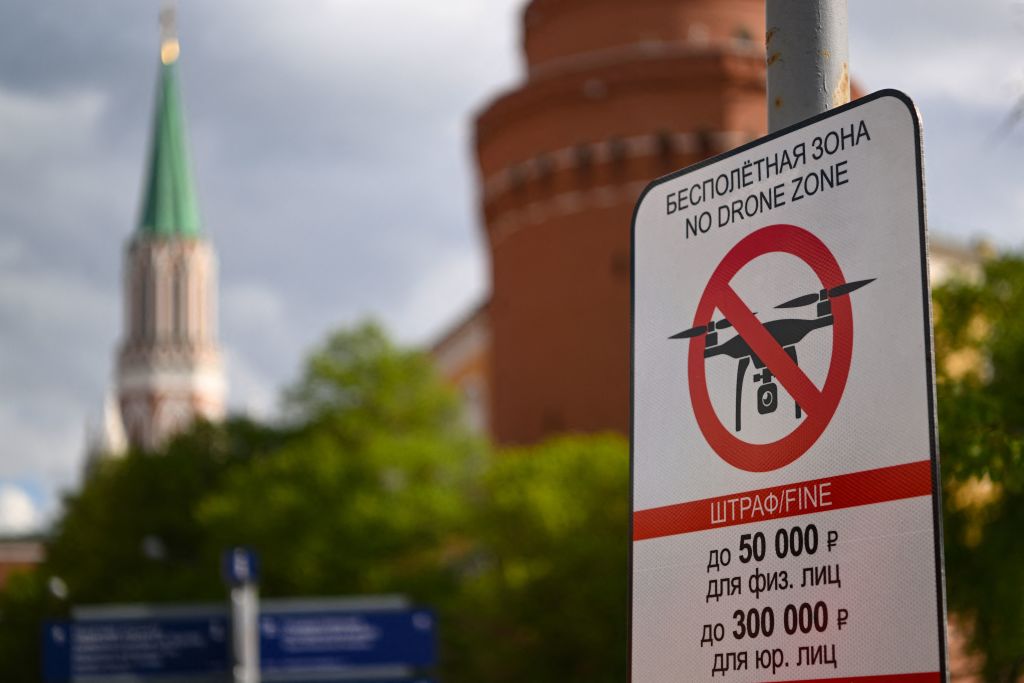 Did Ukraine orchestrate the Kremlin drone strike?
Did Ukraine orchestrate the Kremlin drone strike?Speed Read If Kyiv isn't behind the humiliating attack, who is?
-
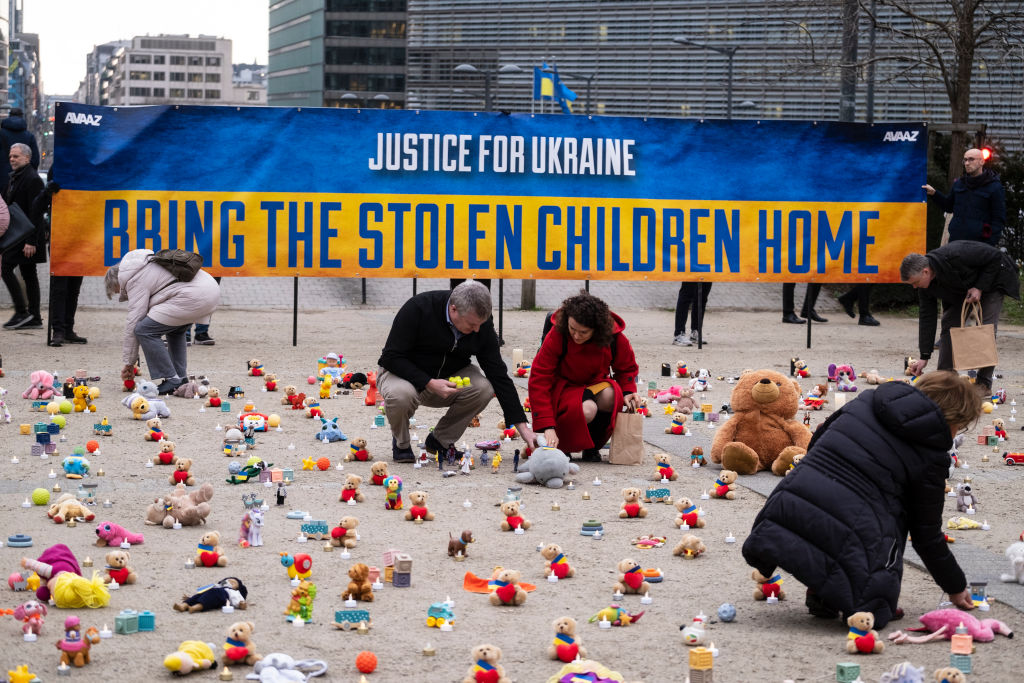 Stealing Ukraine's children
Stealing Ukraine's childrenSpeed Read Vladimir Putin has been charged with war crimes for abducting thousands of Ukrainian children. Why is he doing this?
-
 Russia's shadow army
Russia's shadow armySpeed Read The Wagner Group, accused of numerous war crimes, has sent tens of thousands of mercenaries to fight in Ukraine
-
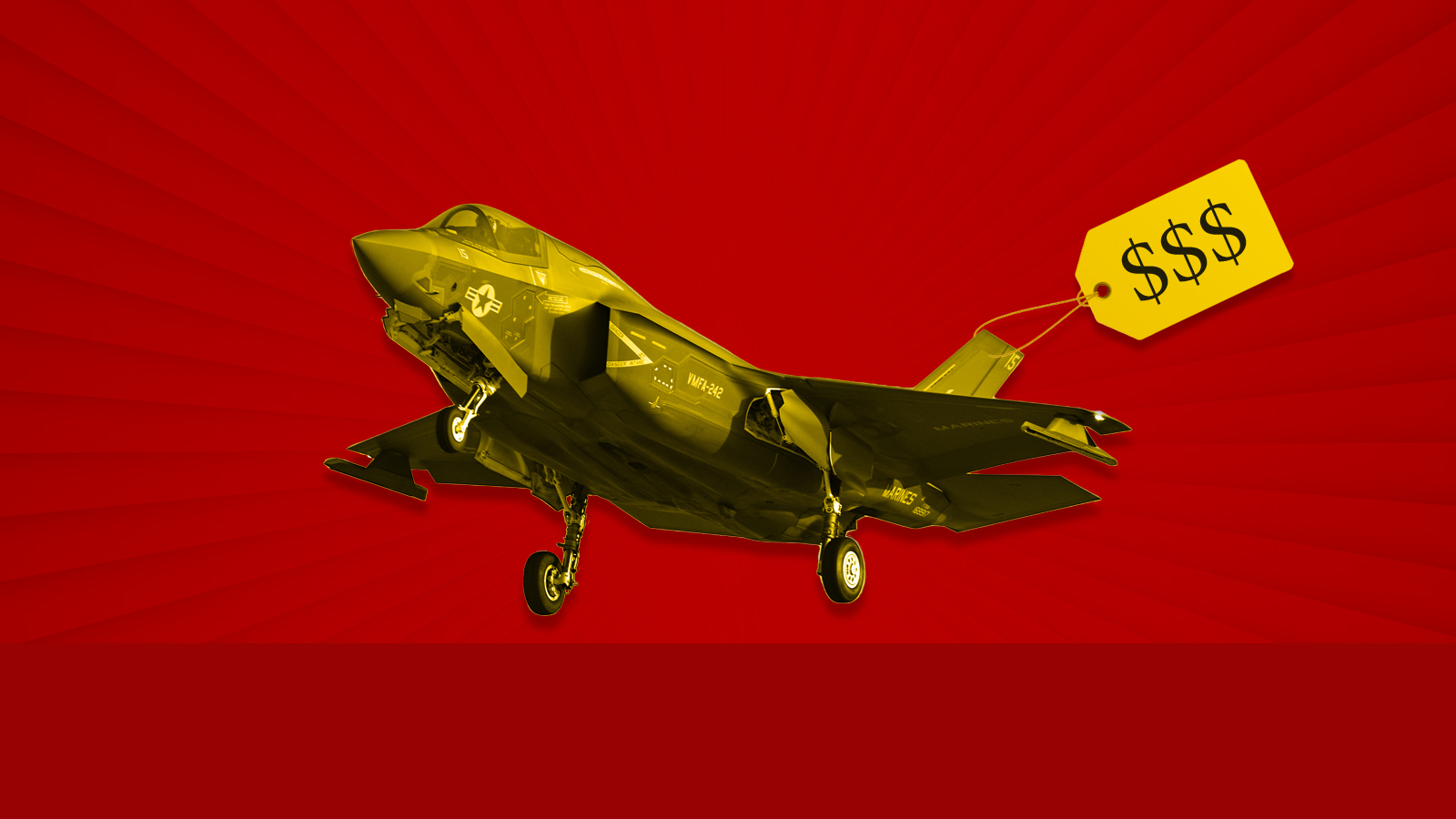 The F-35 fighter jet's troubled history
The F-35 fighter jet's troubled historySpeed Read Why 'the most expensive weapon in human history' still can't get off the ground
-
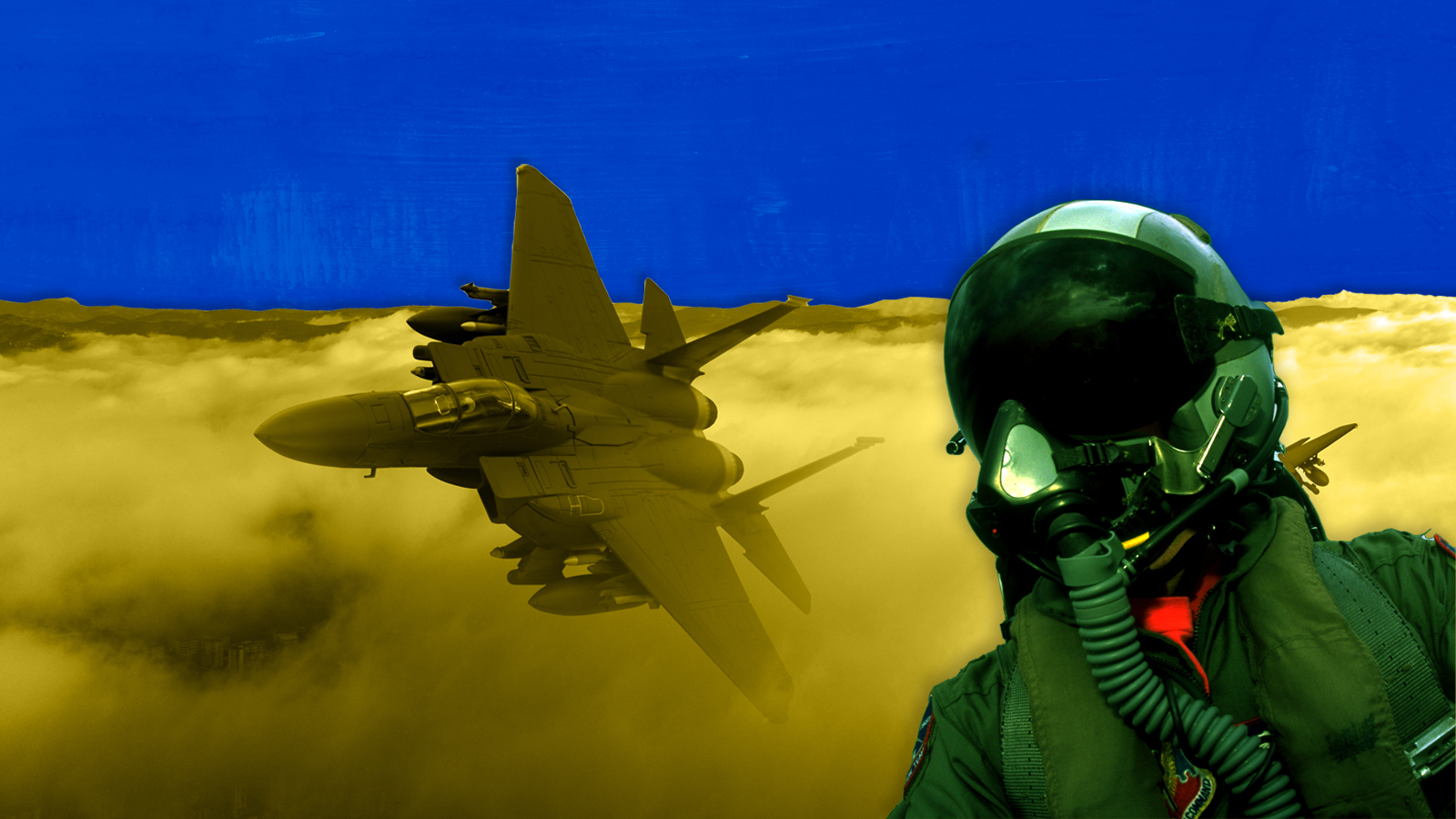 The U.S. gave Ukraine tanks. Are jets next?
The U.S. gave Ukraine tanks. Are jets next?Speed Read How to balance helping Ukraine without triggering a wider war with Russia
-
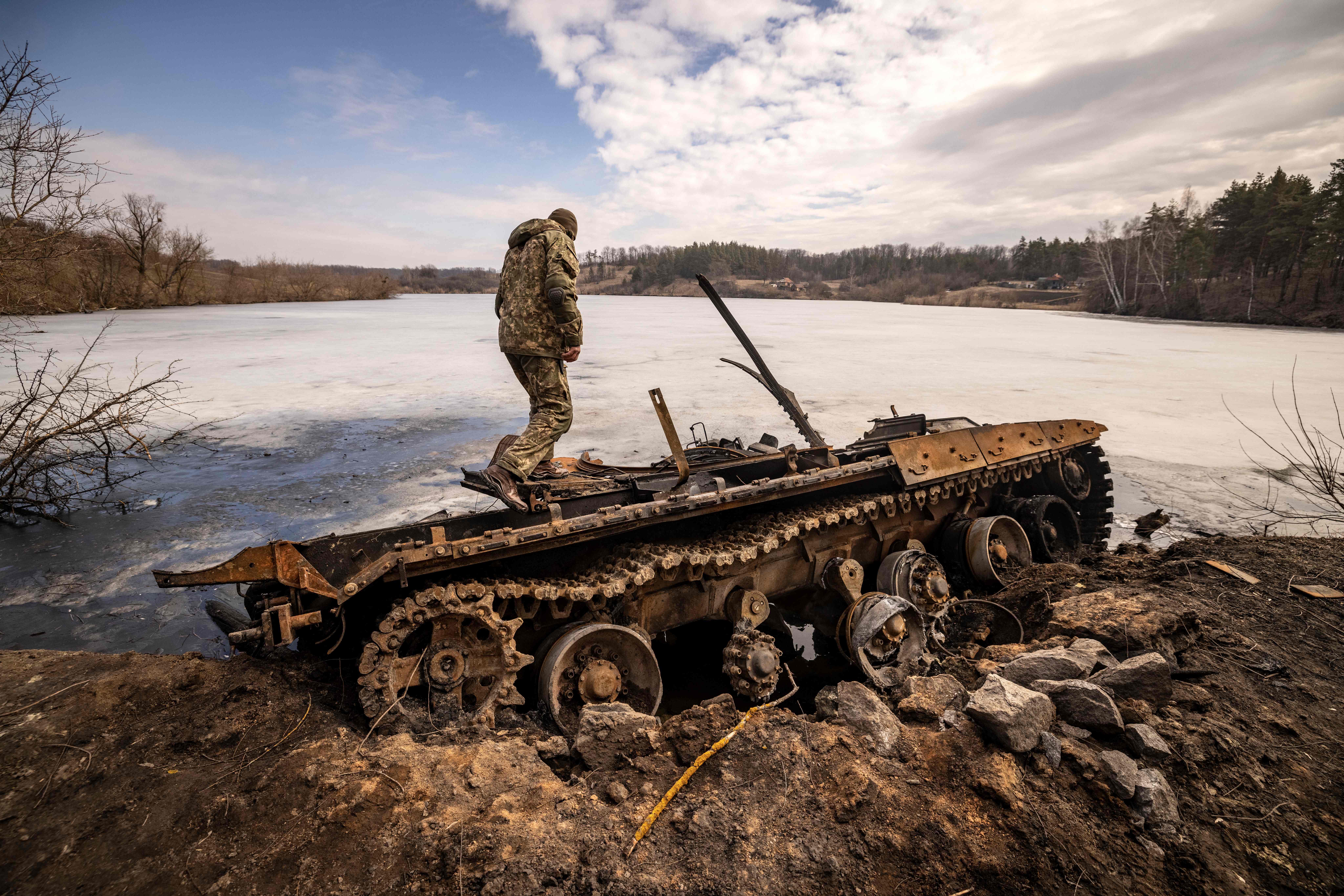 Can climate change lose Russia the war in Ukraine?
Can climate change lose Russia the war in Ukraine?Speed Read Russia's 'trump card' surprisingly took a major hit this winter
-
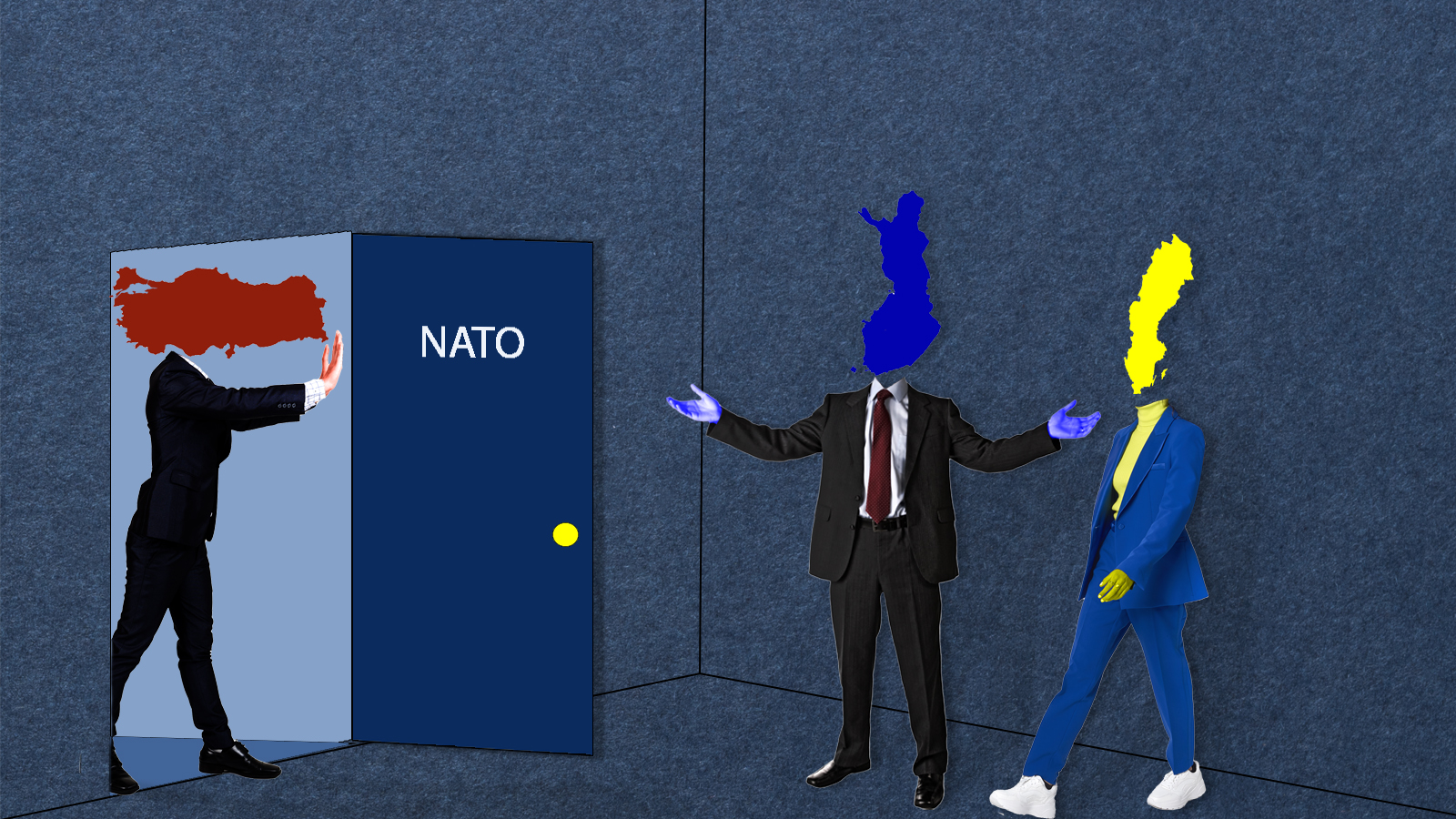 Why Turkey is blocking NATO's expansion
Why Turkey is blocking NATO's expansionSpeed Read Sweden and Finland have applied to join the alliance. Not so fast.
-
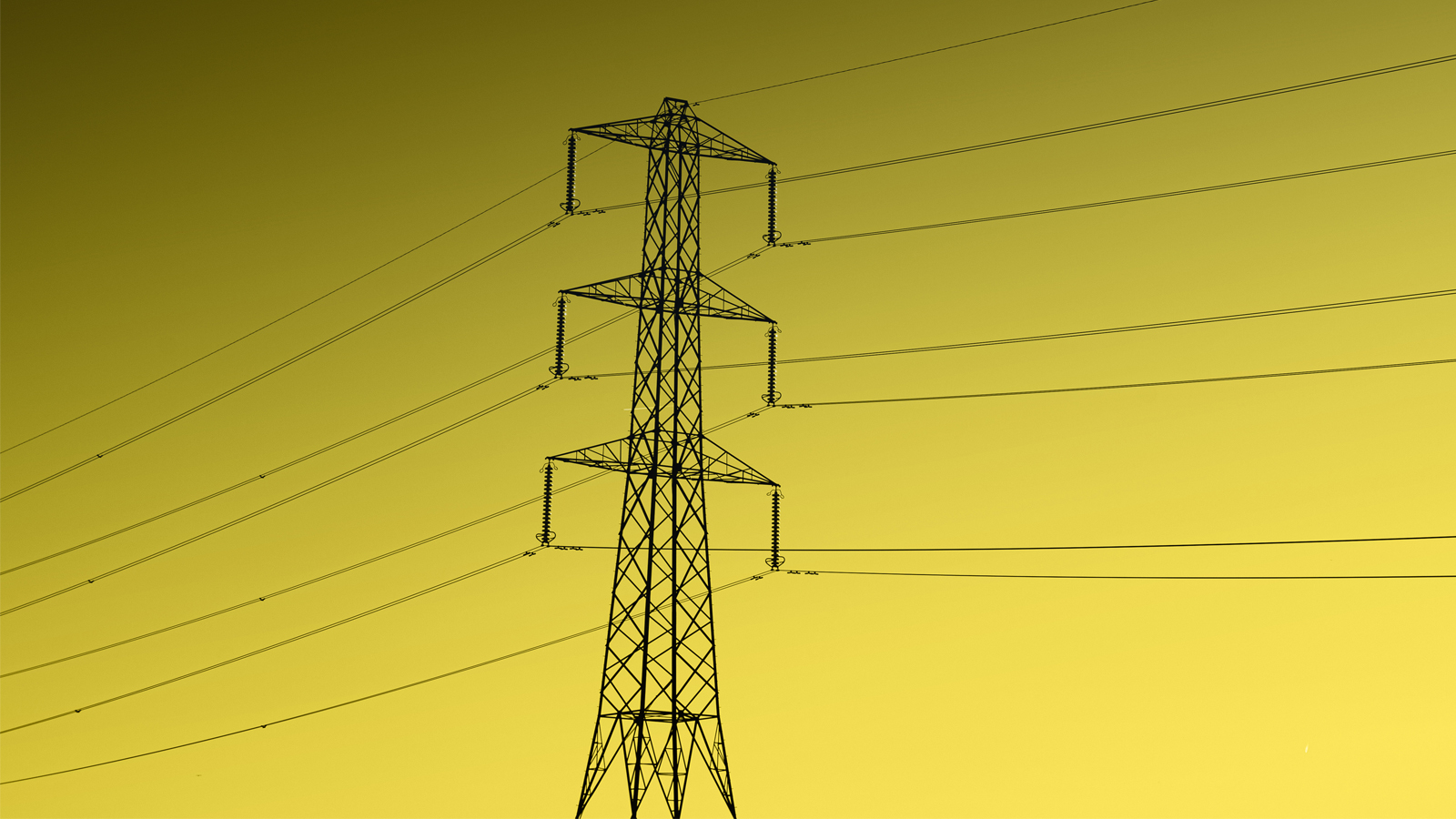 Why America's electrical grid is vulnerable to attack
Why America's electrical grid is vulnerable to attackSpeed Read Assaults on the grid are increasingly frequent
